Leveraging Customer Testimonials: Your Secret Weapon in Edtech
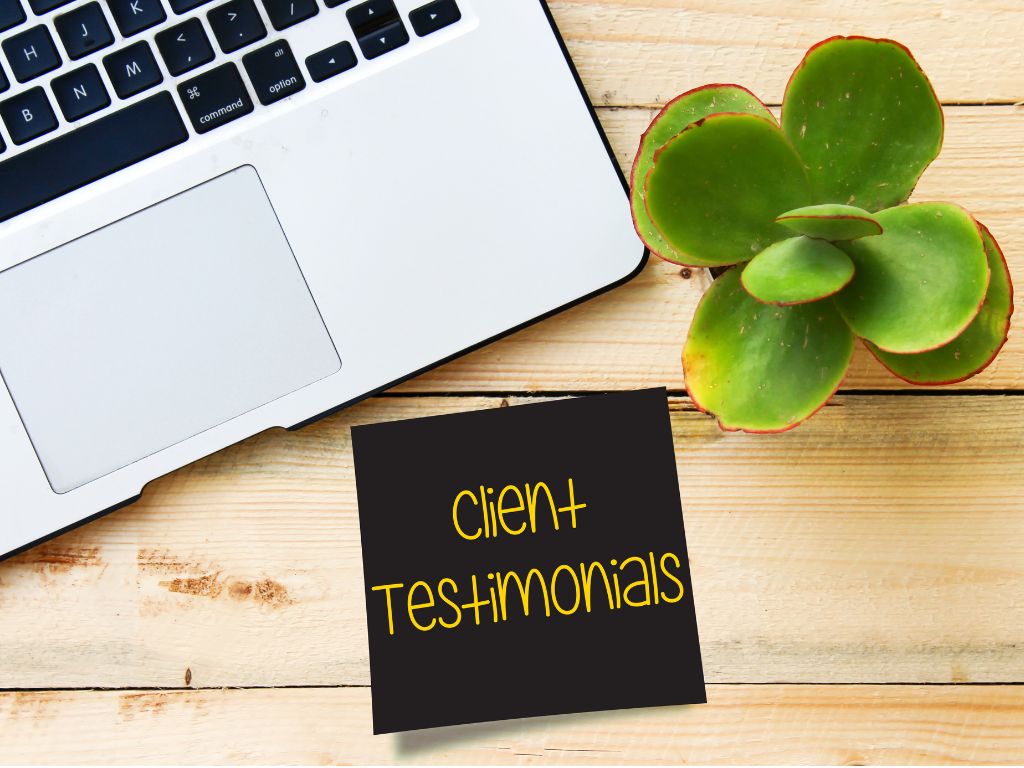

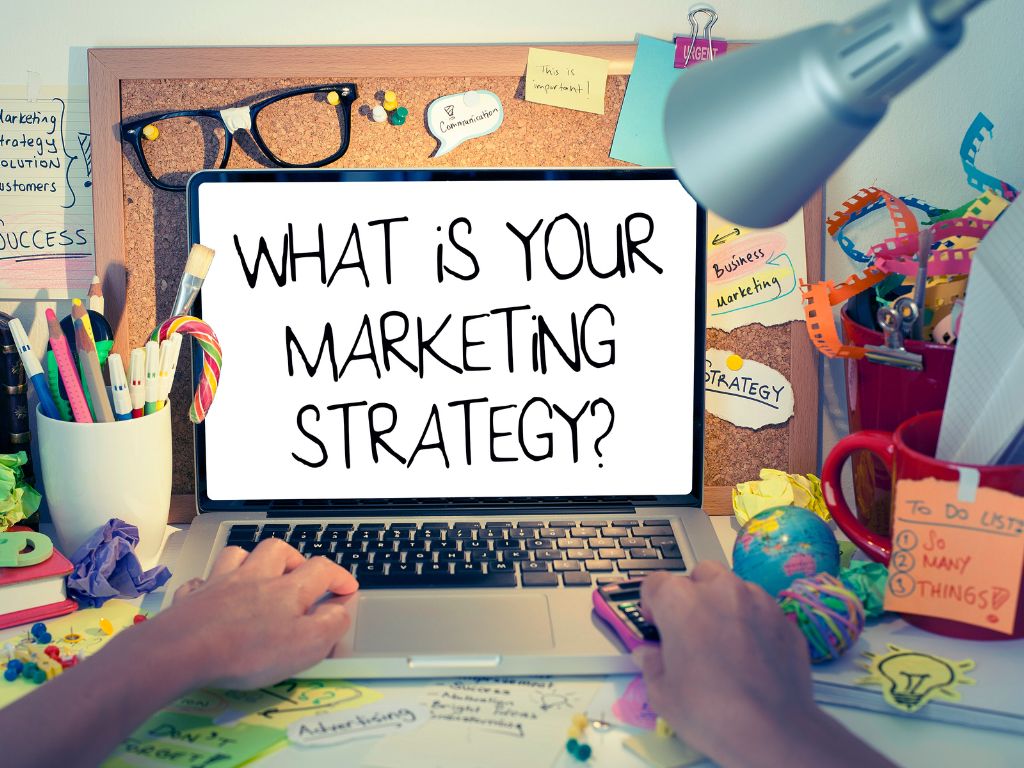
Creating a Marketing Strategy can feel complicated but it can essentially be boiled down into three stages:
In the first stage (the awareness stage) you’re literally just trying to make potential customers aware that you exist.
You’ve got a stellar product or service, but guess what? Nobody knows about it. That’s where the awareness stage comes into play. This is your chance to shout from the rooftops (metaphorically, of course) and let the world know that you exist.
But how do you do that? Well, it’s all about getting your name out there. Think social media campaigns, content marketing, and good old-fashioned networking. The goal here is simple: make potential customers aware of your presence in the market.
Remember, Rome wasn’t built in a day, and neither is brand awareness. It takes time and consistent effort to get noticed, so don’t get discouraged if you don’t see results overnight.
In the second stage (the consideration stage) you have to convince your customers to buy from you over your competition.
Okay, so you’ve piqued the interest of your target audience. Now what? It’s time to convince them that your offering is the best thing since sliced bread (or avocado toast, if that’s more your style).
This is where the consideration stage comes into play. Your potential customers are weighing their options, comparing you to your competitors, and trying to decide who to give their budget to.
But here’s the thing: it’s not just about having a killer product or service. It’s also about the experience you provide. Put yourself in your customers’ shoes for a moment. Would you rather buy from a company that treats you like just another number, or one that goes above and beyond to make you feel valued?
Customer experience is key. So don’t just focus on showcasing what you’re selling; focus on how you’re selling it. It makes all the difference.
The third stage (the retention stage) involves building community and convincing your customer to purchase again.
The retention stage is all about keeping your customers coming back for more. Why? Because repeat customers are the lifeblood of any business. Not only do they contribute to your bottom line, but they also serve as brand ambassadors, spreading the word and bringing new customers into the fold.
So how do you keep them coming back for more? Build a sense of community. Make your customers feel like they’re part of something bigger than themselves. Whether it’s through loyalty programs, exclusive offers, or simply engaging with them on social media, show them that you appreciate their business and value their loyalty.
Remember, a happy customer is a loyal customer. So don’t just focus on making the sale; focus on building relationships that last a lifetime.
These are the basic three stages you need to consider when creating your marketing strategy. Of course, there are tactics and activities that need to be planned and actioned to go with it but, strategically, this is a great blueprint.
Does your Marketing Strategy cover these three stages?

The So What? test is nothing new but I thought it would be worth covering here as it’s something I have discussed with a number of people this week.
If you’re unfamiliar with the So What? test then there are lots of great books out there on it but, in essence, it is the practice of looking at your messaging and asking yourself “so what?” Are you talking about what matters most to your audience? The idea is to help you focus on what’s important to your client base and communicate effectively as a result.
To give you an example, how many presentations have you seen that start with an introductory slide listing facts about the company? A typical first slide will usually contain some company facts along the lines of:

While these facts are important to your company, the client’s response will probably be so what? So you were established in 2012, so what? Why is that important to me?
It’s crucial to always look through your messaging, and particularly opening slides such as these where this will often be your first contact with your potential client, and ask yourself so what? And keep asking yourself so what until you get to a satisfactory answer.
So, for the example above, let’s do the So What? Test on the first bullet point
So what? Well, it means we’ve been in business for a few years now.
So what? So we’re not going anywhere, we’re established and have a good reputation.
So what? Customers can trust us.
By asking so what you can usually find a better way of getting that message across. In the case of the above, a much stronger opening bullet point would have been something along the lines of:
Try it with the other bullet points and see what you come up with. Try it with your own messaging and share the results. I know this has helped lots of companies in the past so hopefully, it will help yours too.

I keep reading that Sales is something people get into ‘accidentally’.
Apparently people don’t set out to do it but before you know it you find yourself in a role where you get to earn some lovely commission . . . but have to make dreaded calls and meet a ‘too high’ target to get it.
Is that really true for everyone??
My first job after uni was a for a finance company in the underwriting department. I was green as hell so knew nothing about business at all. Once I’d been there a few months I’d gotten a feel for what bits of a business does what . . . and I knew at that point I wanted to get into Sales.
Being the person who wins the new business to keep a company moving forward was, to me, the most interesting role by far. And creating something out of nothing sounded amazing!
So I started at the beginning on a telesales desk and have worked in all sorts of ways with all sorts of clients. It’s been brilliant all the way and there’s still loads more I want to do. I definitely chose to go into Sales.
What about you? I’d love to hear how my sales connections found themselves where they are.
It can’t all be accidental 😉
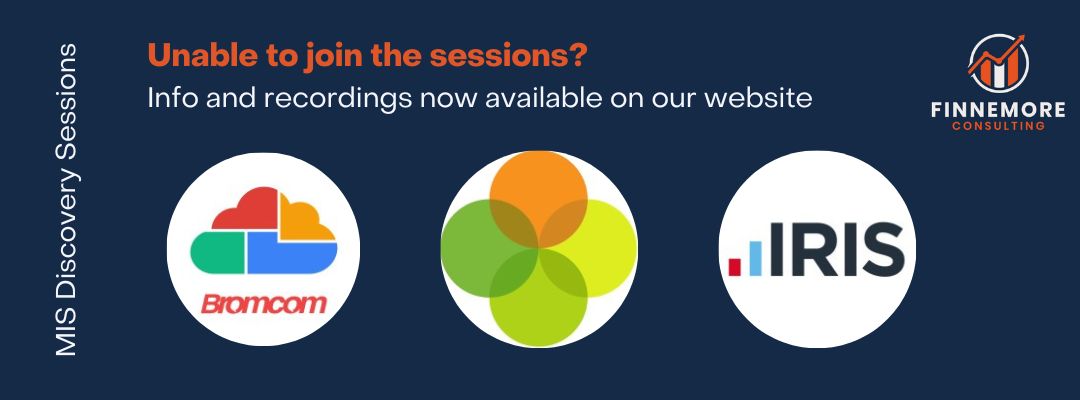

Yes, all the suppliers are happy to share the recordings plus more info on everything discussed in the sessions, just click on the links below:
IRIS Ed:gen MIS Discovery Session

When it comes to selling to the education sector, using discounting as a strategy to close a sale may seem tempting. However, this approach may not be a good approach. Here’s why you should steer clear of discounting tactics and focus on building value instead.
1. It diminishes your perceived value
Offering discounts can inadvertently devalue your product or service in the eyes of potential buyers. The education sector places great emphasis on quality and long-term benefits. Instead of slashing prices, highlight the distinct advantages and tangible outcomes your offering brings to the table.
2. It seriously affects profit margins
Discounting erodes profit margins, which can have a significant impact on your business’s sustainability. In the long run, maintaining healthy margins allows for continuous innovation and the delivery of exceptional customer experiences. Focus on showcasing the unique value your product or service offers, rather than lowering prices.
3. It establishes unhealthy precedents
If you rely on discounting to close deals, you risk setting a precedent that can be difficult to break in the future. The education sector is a close-knit community, and word travels fast. Instead, aim to position your offering as a premium solution, tailored to meet the specific needs of schools or educational institutions.
4. Long-term relationships are better than short-term gains
Selling to the education sector requires a long-term mindset. Building strong relationships based on trust, credibility, and a genuine understanding of their challenges and goals is key. By focusing on the value your product provides and fostering partnerships, you’ll establish a foundation for sustained success.
So instead of discounting, aim to differentiate through quality and service. By emphasizing value, maintaining healthy profit margins, and building long-term relationships, you can position your product as a premium solution while meeting the unique needs of schools and educational institutions.
Success lies in creating meaningful connections and delivering exceptional experiences that transcend price.

So here we are, almost at the end of the month and most people are desperately trying to close those last few orders to meet what are probably very challenging targets. Time to bring out the discount – that will work, surely?! Well, not necessarily. Here are my 4 reasons why offering a discount to close is not always a good thing:
1. It devalues your product. If what you are selling was worth, say, £5,000 two weeks ago, why is it only worth £4,500 now? While a discount designed to get the customer to order before the end of the week might just incentivise them to do so, it is also likely to leave a lasting impression that the product was priced too high in the first place which won’t help your long-term relationship and future sales.
Which brings us on to . . .
2. You risk ‘training’ your customers to expect a discount. If a discount is usually offered towards the end of any given month, term or year then the customers will learn to expect it and wait for it to happen. We all know how we feel about certain large out-of-town furniture and carpet stores that advertise their sales an awful lot; we wait for the sale until we buy as we know there’s probably going to be one just around the corner.
3. It’s obvious but, by discounting to close, you are lowering your revenue and margins. To hit your overall business plan, how many more sales will you now need to make? Would it be better to take a longer-term view and aim for a smaller amount of committed long-term customers who are willing to pay the true price of your product than a larger volume of customers who bought it because it was a bargain? It’s a question only you can answer for your business but it’s worth considering.
4. You’re no longer in control of your sale. Most companies will spend a significant amount on sales (account management and new business development) in some way, shape or form. Those people that you hire are there to add value to your business and, by offering a discount to close, you’re moving all the control over whether or not that potential customer will order onto your client – the decision is now theirs and there is little your salespeople can do to influence. Unfortunately what this means for the business is that you’re really not getting the best value for money from the salespeople.
Instead of offering a discount, consider how you could add value to the sale. Is there something you could offer that not only has a financial value attached to it that your potential customer would appreciate but also helps them get the best from the product they’re buying which will increase loyalty and long-term revenue?
Don’t get me wrong, used sporadically discounts can work and sometimes it can help you launch a product with early adopters or build a preferential relationship. However, give it some thought before you do as it may be that the long-term pain isn’t worth the short-term gain.

How good are you at predicting the future? This image has resurfaced as the article was written 110 years ago and talks about climate issues linked to coal – amazing foresight! What it doesn’t get quite right is the timeline; it says “the effect may be considerable in a few centuries” when actually we’re at a crisis point already.

How often do businesses fall into the trap of thinking a problem is somewhere out there on the horizon when it’s really about to smack them in the face?
I work with the edtech industry and there are quite a few examples I can think of:
👉 The need to access all teaching, learning and school management technology from outside of the school came into VERY sharp focus in the face of lockdowns – lots of people were caught out.
👉 With the academisation agenda, the way schools make decisions and purchase solutions has been turned on its head which has had a major effect on some company business models that probably thought they were safe (the school MIS market in particular).
👉 Free and ‘freemium’ solutions have changed what schools are willing to pay for, you need to find ways to add extra value or risk being ditched altogether.
Here’s what can you do to future-proof your edtech business:
I’ll talk more about each of these in future blogs, but we also cover all of these in detail within our coaching programme.
How are you future-proofing your education business?
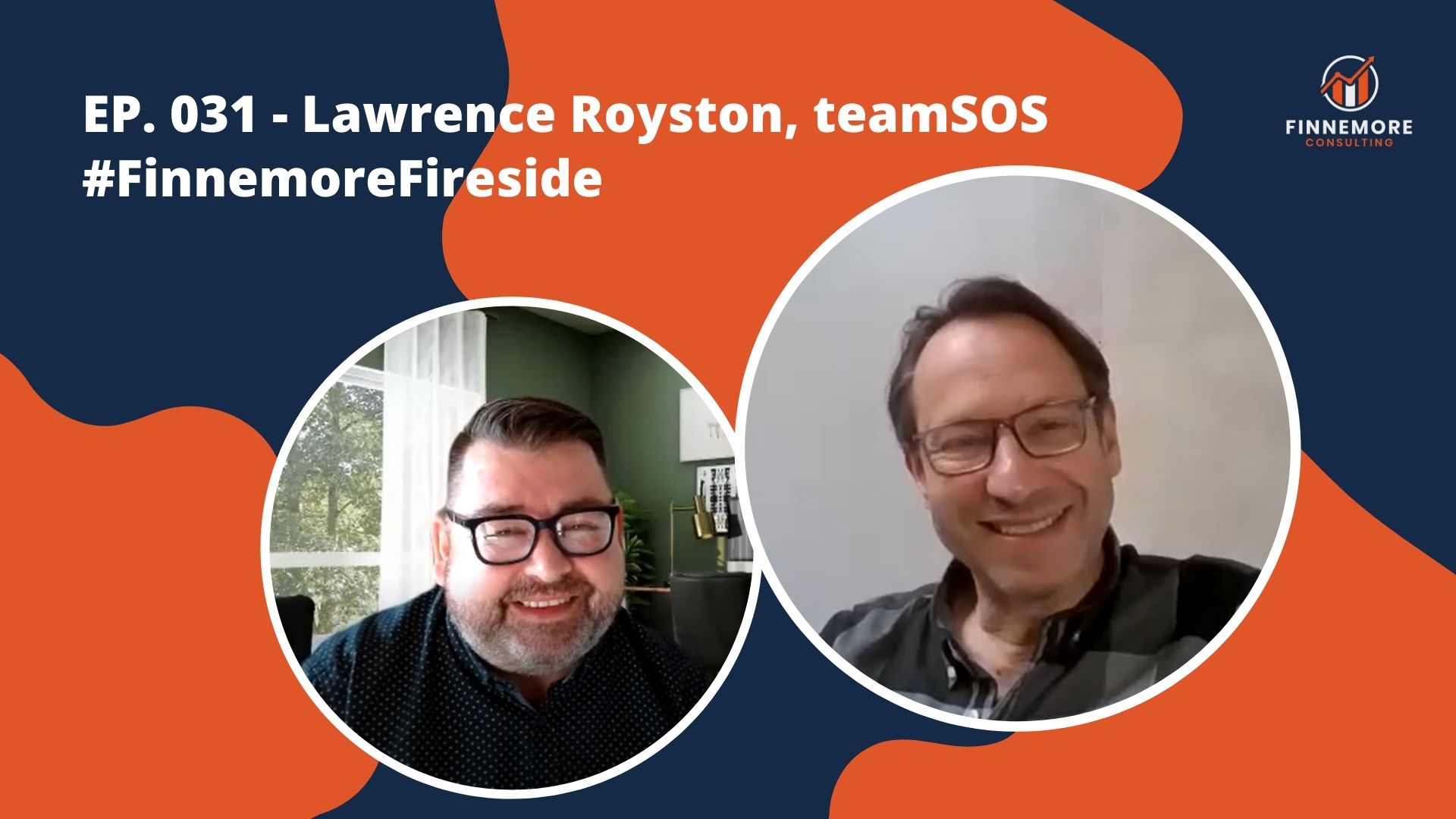
Just before Bett this year, Nick caught up with Lawrence Royston, Founder of teamSOS, to talk all things edtech.
Lawrence is one of the true entrepreneurs of the Edtech market. Along with his partner Joanne, he started with GroupCall messenger, the first SMS messaging system for schools in the UK, then built Xporter, supporting Third parties to have a generic way to integrate with MIS data, before looking at how they could provide deeper insights in the data they were already transferring through GroupCall XVault. He’s also supported GDPRis and has recently started a new business in teamSOS, an incident management and compliance tool for staff in Education and NHS establishments.
We’ve split the interview into two parts to make it easier to digest. In part one Nick and Lawrence discuss:
In part two they talk about:
Enjoy!
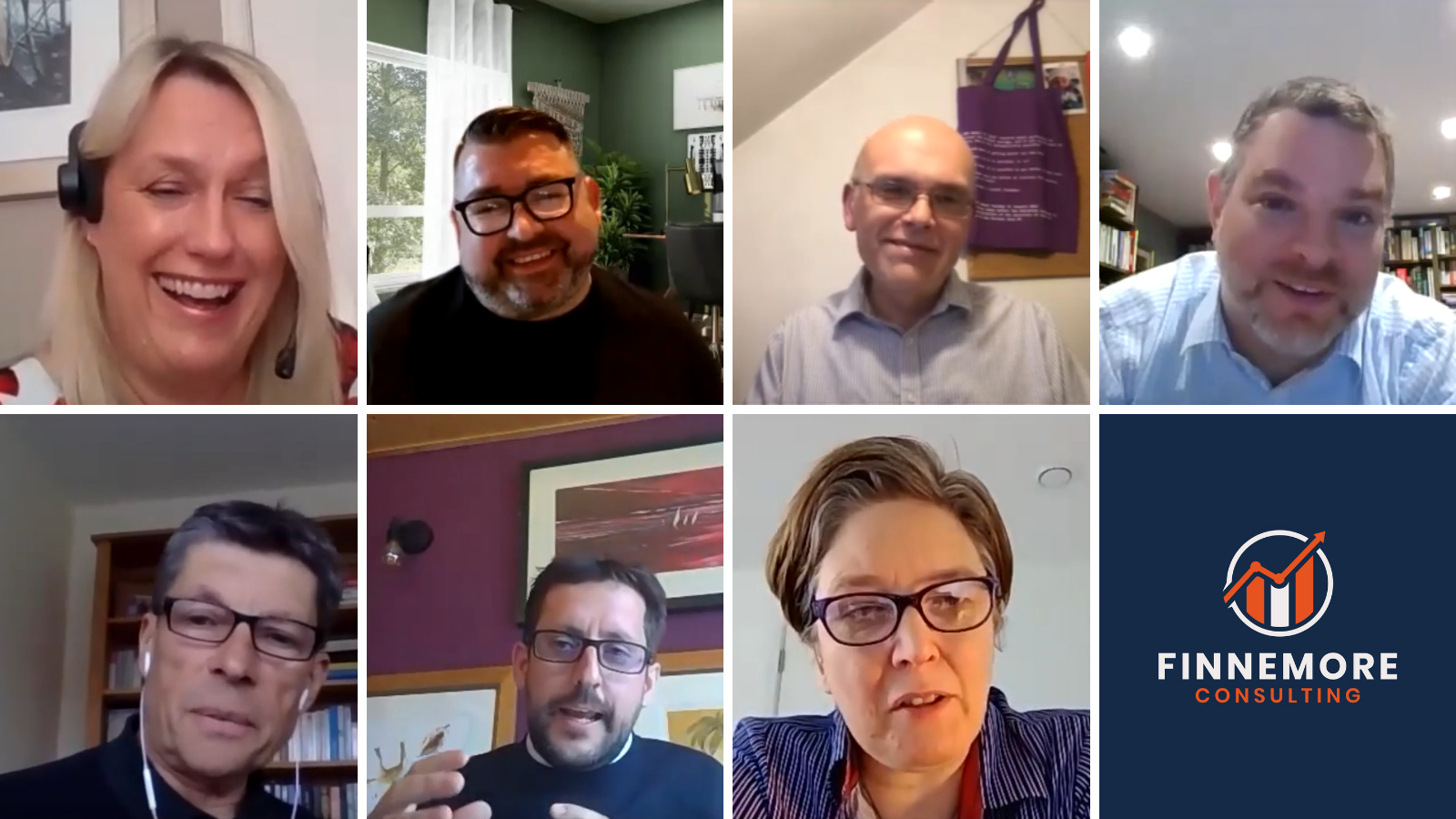
We’ve been privileged to speak with even more edtech and industry thought leaders this term, and the insight they provide us and our community is invaluable.
So thank you Tony Lockwood for talking to us about how companies can improve the performance of their products and develop new solutions.
Thanks to Duncan Baldwin for giving us an insight into teaching, his time at Capita SIMS, influencing government as Deputy Policy Director at ASCL and his current Headship.
We were delighted to welcome Winston Poyton back for a follow-up chat on IRIS Education, especially given how much has changed in the world of school management systems in the last 12 months alone.
It’s great to speak with colleagues from MIS support teams as it gives such a unique and insightful view of the landscape, so thank you Keren Wild for getting involved and giving us your perspective.
Sue Macgregor talked to us about Alps Education’s focus on providing the right analytical tools to schools so they have the power to help every student achieve their full potential, thank you!
And finally, thank you to Ian Koxvold of Supporting Education for talking to us about changes across the education sector, what the future might hold in terms of new solutions, and new strategies.
Sarah and I have thoroughly enjoyed making the series, and already have some great sessions ready to go in the new term with industry thought leaders Andy Kent and Jonathan Coyles – watch this space!
Have a great Christmas and see you in 2022!
——————————————————————————-
In case you missed it, here’s a round-up of all our thought leader Q&A sessions from last term.
Subscribe to our YouTube channel and get notified when new videos go live, or join our mailing list for tips on future-proofing, MIS news, growth strategies, and much more.
Customer testimonials are one of THE biggest marketing tools you can have in your kitbag when it comes to selling in the education sector as peer-to-peer advocacy is everything.
Here’s why you should ask for them and share them:
1. They build trust.
Testimonials from satisfied customers serve as social proof, building trust and credibility in your brand. Potential customers are more likely to trust the experiences of their peers.
2. They help you win new business.
Positive testimonials showcase your product’s value proposition and demonstrate real-world benefits. They can be powerful tools in persuading potential customers to choose your EdTech solution over competitors.
3. They help you retain customers.
Happy customers are your best advocates. Sharing their positive experiences not only reinforces their loyalty but also encourages retention by highlighting the value your platform delivers.
If you don’t already, start gathering and sharing customer testimonials to increase brand presence and drive growth.
It’s #testimonialtuesday today so why not share one in the comments straight away! 👇